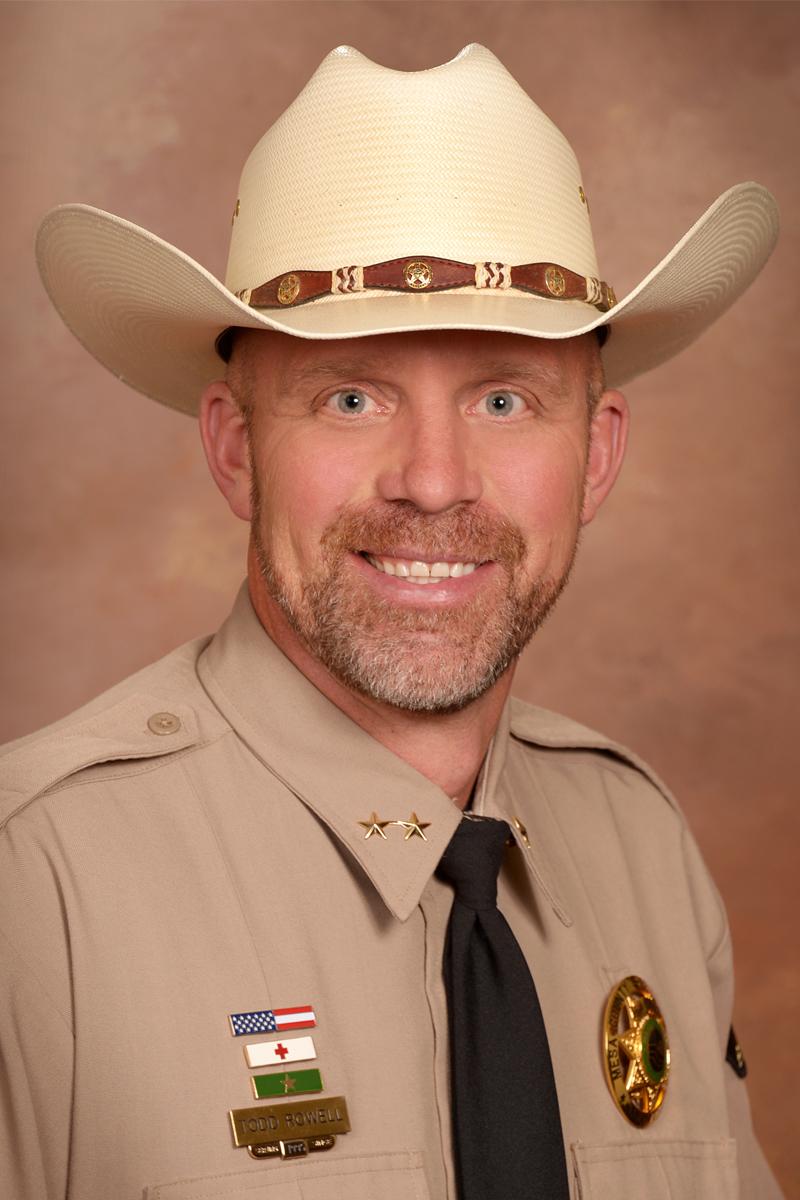Resources needed to fight fentanyl importation | OPINION


The fentanyl crisis has become the single largest criminal problem facing law enforcement agencies throughout the country, and Colorado has not escaped its ravages. Law enforcement and community partners across the west need to work together to fight this growing threat, and they need the resources to be able to do so effectively.
To put the magnitude of the problem into perspective, consider what we have seen in Mesa County during just the last few years: in 2021, we took 30,000 fentanyl pills off the street – a huge number at the time – with a street value of between $12 and $20 per pill. In 2022, we took 160,000 pills off the street; in just that one year the price dropped to between $1 to $3 per pill.
So far this year, we have interdicted 400,000 pills, and the price is now below $1 a pill.
Both the sheer number of pills – and keep in mind, those numbers are only what we have interdicted and seized – and the drastic fall in street price speaks volumes as to the magnitude of the supply of illicit fentanyl that is pouring into the country. In some parts of Arizona, there is so much coming in that the price per pill has dropped to below 20 cents.
Stay up to speed: Sign-up for daily opinion in your inbox Monday-Friday
It is difficult to overstate the enormity of this problem. The crisis has evolved far beyond simple over-prescription of legal medical opioids and into a sophisticated, multinational criminal enterprise. Our response must be equal to the threat and evolve along with it. We need to not only bolster our enforcement and interdiction efforts at the street level, but look wider than that, enlisting the help of multiple community resources and government agencies towards efforts at reducing demand domestically and interrupting supply at our borders and beyond.
We can look to previous successes for clues on how to begin to go about dealing with the enormity of the supply issue. One thing that helped us get a handle on the methamphetamine problem was to go after the precursors – those chemicals or other products required in the manufacture of these street drugs. With fentanyl, it is a little more complicated, however.
The vast majority of precursor chemicals needed to manufacture illicit synthetic fentanyl – well over 90% of them – come from China. These precursors are sold to cartels in Mexico, who then fabricate counterfeit pills laced with the synthetic opioid and smuggle them across the border and onto American streets. We know this is happening; late last month, the U.S. Justice Department filed charges against four Chinese manufacturers for trafficking precursor chemicals used to make fentanyl.
A great deal of our coordinated law enforcement efforts need to be directed at this phase of the chain, before the final product hits our streets. Otherwise, we can expect to see the number of pills continue to double.
And that means we will see more deaths from them. These pills are not being made in pharmaceutical labs with quality controls and precise measurements; a great many of these illicit pills are “hot loads,” pills containing as much as 3 to 5 grams of fentanyl, enough to easily kill even a user who has built up a tolerance. In Mesa County alone we have just witnessed another three overdose deaths in a short period of time. News headlines tell the tragic stories from across the state and the nation.
A comprehensive problem requires a comprehensive solution. It will take coordination and effort along many fronts – including strong local enforcement, border interdiction, international regulation of precursors, community education, treatment for addiction and harm reduction efforts, particularly getting Narcan to the people who are closest to the at-risk populations. All of this will require adequate resources.
Fortunately, we are seeing some progress. Thanks to a recent settlement reached by every state in the mountain west and several companies involved in the manufacturing and distribution of opioids, billions of dollars are slated to arrive to support this comprehensive solution. This includes $385 million for Colorado alone. Unfortunately, a few states, like Washington, have opted out of the settlement, risking millions in much-needed funding and potentially undermining regional efforts to end the opioid crisis.
State legislatures are also beginning to recognize the enormity of the problem and a recent U.S. Senate bill, the FEND Off Fentanyl Act, acknowledges the international trafficking of fentanyl is a national emergency.
The fentanyl crisis is not a partisan or political issue. Multiple agencies, at all levels across the western U.S., must work together to stem the damage. If there is just one issue on which all Americans should be working together, without personal agenda, it is to combat what is unquestionably the most serious and deadly criminal and public crisis of our time.
Todd Rowell is Sheriff of Mesa County, Colorado, and serves on the Executive Board for the Rocky Mountain High Intensity Drug Trafficking Area.









